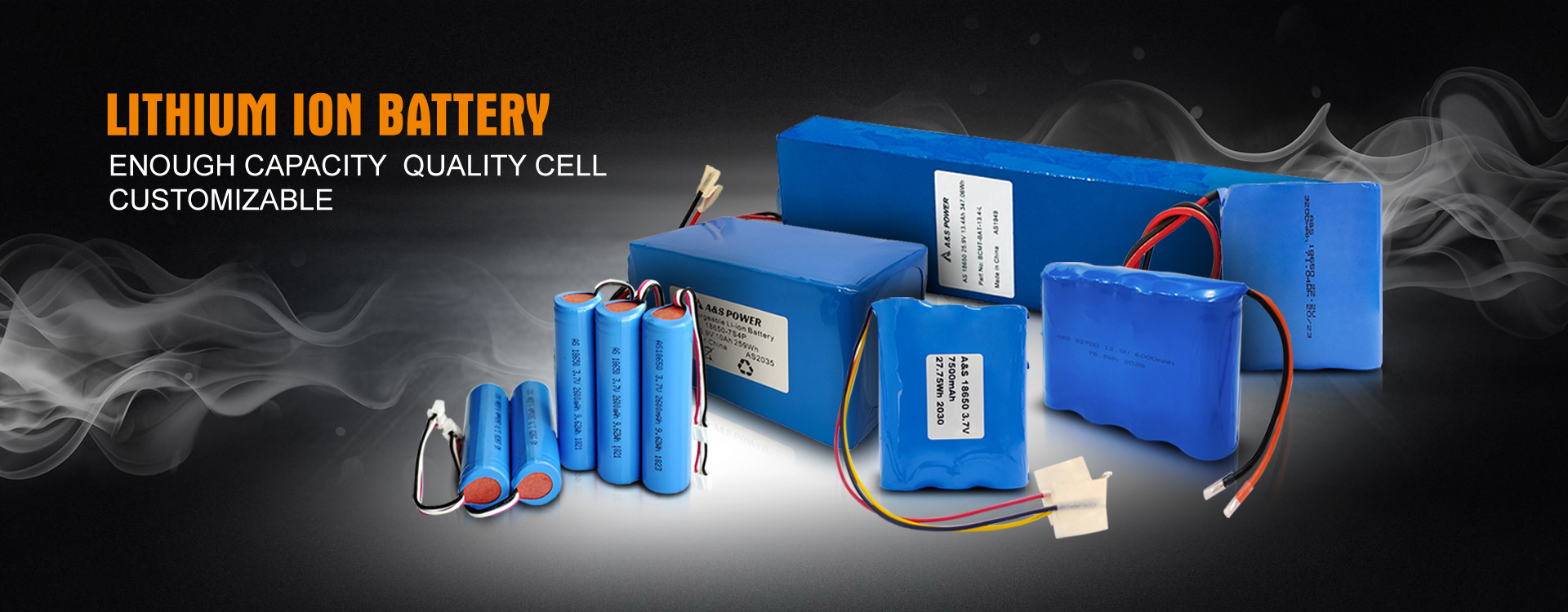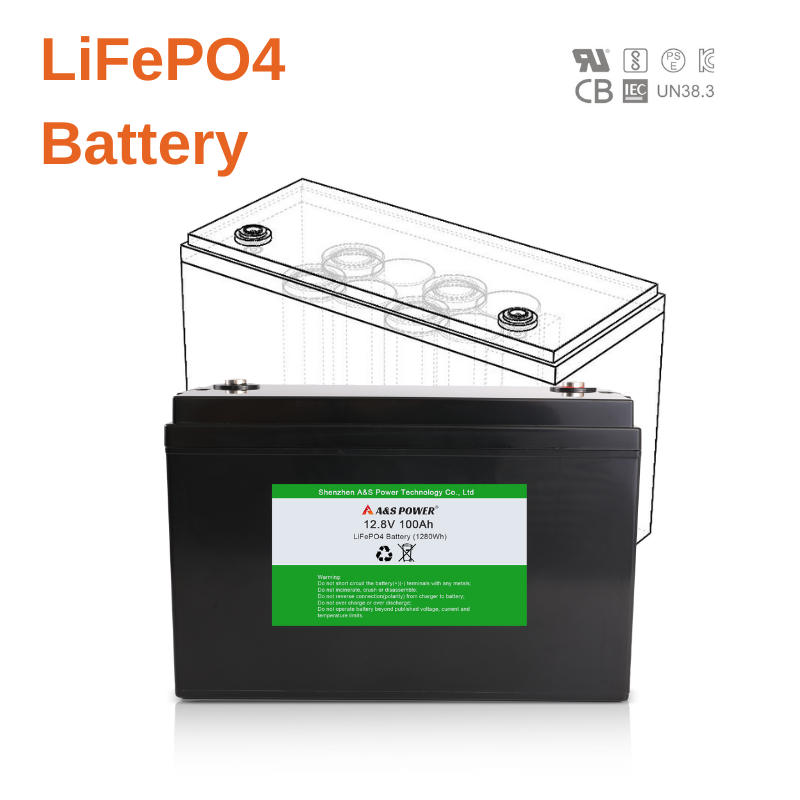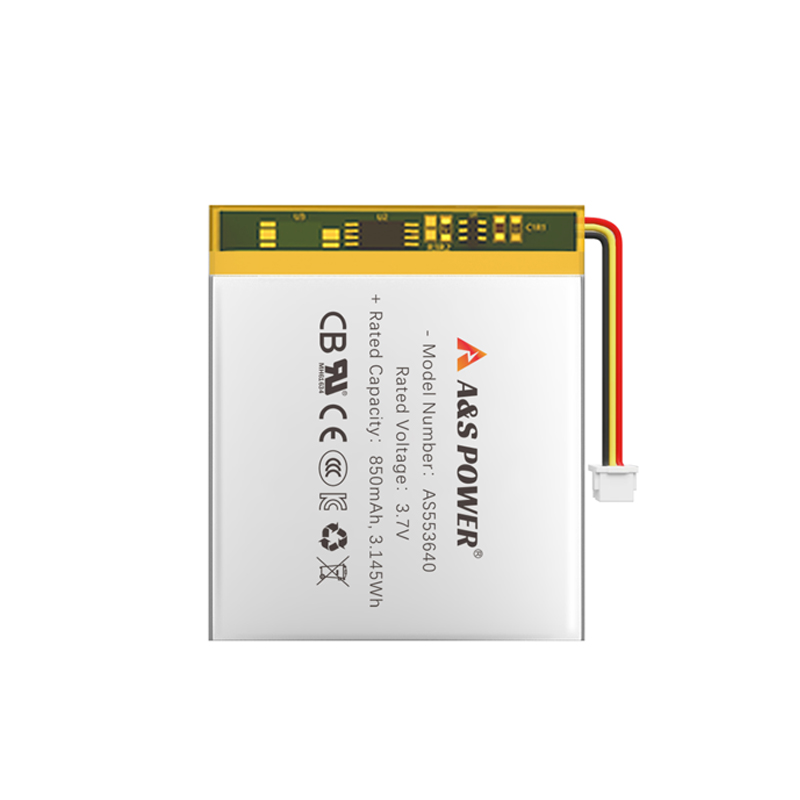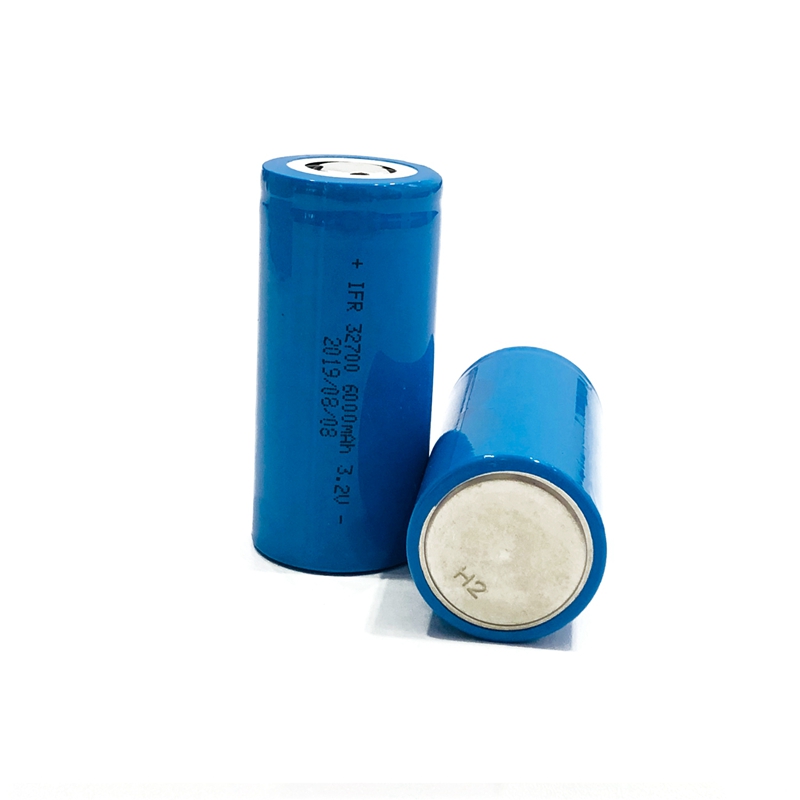Is Lithium-ion the Ideal Battery?
2021-07-02
For many years, nickel-cadmium had been the only suitable battery for portable equipment from wireless communications to mobile computing. Nickel-metal-hydride and lithium-ion emerged In the early 1990s, fighting nose-to-nose to gain customer's acceptance. Today, lithium-ion is the fastest growing and most promising battery chemistry.
Pioneer work with the lithium battery began in 1912 under G.N. Lewis but it was not until the early 1970s when the first non-rechargeable lithium batteries became commercially available. lithium is the lightest of all metals, has the greatest electrochemical potential and provides the largest energy density for weight.
Attempts to develop rechargeable lithium batteries failed due to safety problems. Because of the inherent instability of lithium metal, especially during charging, research shifted to a non-metallic lithium battery using lithium ions. Although slightly lower in energy density than lithium metal, lithium-ion is safe, provided certain precautions are met when charging and discharging. In 1991, the Sony Corporation commercialized the first lithium-ion battery. Other manufacturers followed suit.
The energy density of lithium-ion is typically twice that of the standard nickel-cadmium. There is potential for higher energy densities. The load characteristics are reasonably good and behave similarly to nickel-cadmium in terms of discharge. The high cell voltage of 3.6 volts allows battery pack designs with only one cell. Most of today's mobile phones run on a single cell. A nickel-based pack would require three 1.2-volt cells connected in series.
Lithium-ion is a low maintenance battery, an advantage that most other chemistries cannot claim. There is no memory and no scheduled cycling is required to prolong the battery's life. In addition, the self-discharge is less than half compared to nickel-cadmium, making lithium-ion well suited for modern fuel gauge applications. lithium-ion cells cause little harm when disposed.
Despite its overall advantages, lithium-ion has its drawbacks. It is fragile and requires a protection circuit to maintain safe operation. Built into each pack, the protection circuit limits the peak voltage of each cell during charge and prevents the cell voltage from dropping too low on discharge. In addition, the cell temperature is monitored to prevent temperature extremes. The maximum charge and discharge current on most packs are is limited to between 1C and 2C. With these precautions in place, the possibility of metallic lithium plating occurring due to overcharge is virtually eliminated.
Aging is a concern with most lithium-ion batteries and many manufacturers remain silent about this issue. Some capacity deterioration is noticeable after one year, whether the battery is in use or not. The battery frequently fails after two or three years. It should be noted that other chemistries also have age-related degenerative effects. This is especially true for nickel-metal-hydride if exposed to high ambient temperatures. At the same time, lithium-ion packs are known to have served for five years in some applications.
Manufacturers are constantly improving lithium-ion. New and enhanced chemical combinations are introduced every six months or so. With such rapid progress, it is difficult to assess how well the revised battery will age.
Storage in a cool place slows the aging process of lithium-ion (and other chemistries). Manufacturers recommend storage temperatures of 15°C (59°F). In addition, the battery should be partially charged during storage. The manufacturer recommends a 40% charge.
The most economical lithium-ion battery in terms of cost-to-energy ratio is the cylindrical 18650 (size is 18mm x 65.2mm). This cell is used for mobile computing and other applications that do not demand ultra-thin geometry. If a slim pack is required, the prismatic lithium-ion cell is the best choice. These cells come at a higher cost in terms of stored energy.
Shenzhen A&S Power Technology Co.,Ltd, a OEM rechargeable battery manufacturer in China over 10 years. Specialized in Lithium polymer battery, LiFePO4 battery and Li-ion Battery. You can click in to have a look! http://www.szaspower.com/












